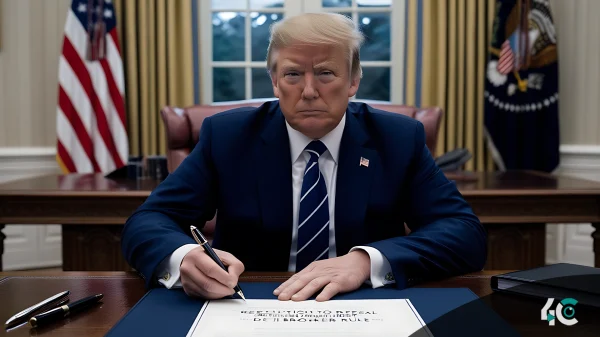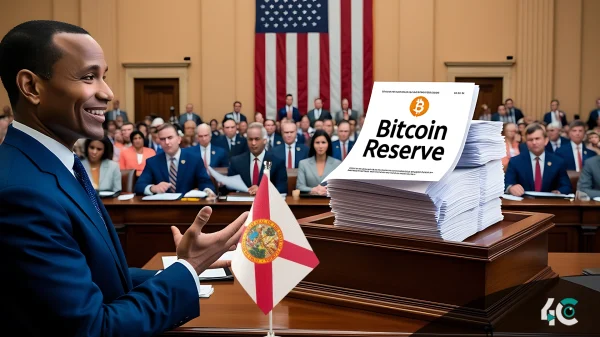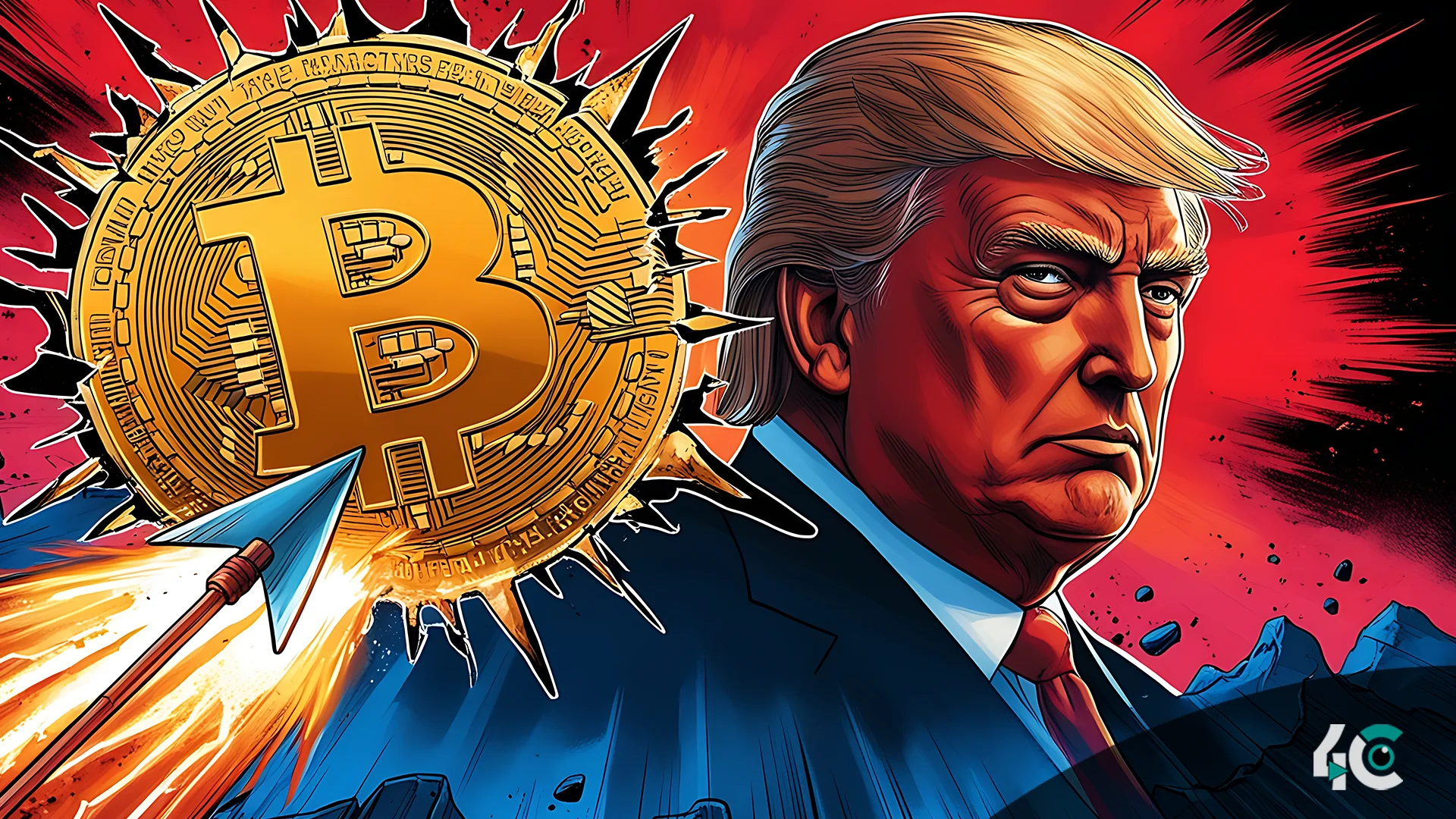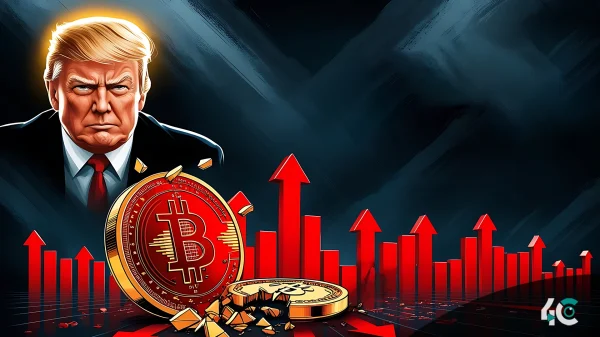Following President Donald Trump’s recent trade tariffs on major global partners, the cryptocurrency market has experienced unprecedented volatility. While Bitcoin and other digital assets initially fell, many experts believe these policies will eventually drive Bitcoin prices higher by weakening the US currency and increasing inflationary pressures. Tariffs cause a crypto market sell-off. Trump’s recently announced tariffs include a 25% charge on imports from Canada and Mexico, as well as a 10% tariff on Chinese goods.
Concerns about rising inflation and supply chain disruptions have arisen in response to the measure, which aims to stimulate domestic manufacturing and solve trade imbalances. The initial reaction in the bitcoin market was pessimistic.
Bitcoin fell below $92,000, its lowest level in weeks, while Ethereum and other major cryptocurrencies experienced double-digit percentage drops. Market records show that more than $2 billion in leveraged bets were liquidated within 24 hours. Long-Term Bullish Outlook for Bitcoin Despite the short-term dip, some analysts believe Trump’s trade policies will boost Bitcoin’s long-term growth. Jeff Park, head of alpha strategies at Bitwise Asset Management, believes that these tariffs would eventually weaken the US currency, creating ideal conditions for Bitcoin adoption. Historically, currency devaluation has prompted investors to seek alternate assets.
The current economic environment mirrors the 1985 Plaza Accord, where coordinated efforts among global economies led to a weaker dollar. A comparable circumstance now may increase Bitcoin’s attractiveness as a store of value. Inflation and currency debasement. Boost Bitcoin Demand As inflation rises owing to increasing import costs, both US consumers and global trading partners may lose purchasing power. This could lead individuals and organizations to seek for decentralized, inflation-resistant assets such as Bitcoin. Park suggests that the weakening dollar, combined with persistently high inflation, could push Bitcoin prices “violently higher” as investors hedge against economic uncertainty. Short-Term Challenges Amidst Dollar Strength In the short term, Bitcoin is under pressure from a strengthening US dollar and rising Treasury yields.
The market awaits further policy developments. Trump’s trade policies have created fresh uncertainty in financial markets, resulting in increased volatility. Investors are closely watching for further policy shifts and Federal Reserve decisions, which could impact Bitcoin’s trajectory. If the U.S. dollar weakens in response to prolonged trade tensions and inflation, Bitcoin could emerge as a primary hedge against economic instability. While the short-term outlook remains uncertain, the long-term case for Bitcoin as a safe-haven asset continues to strengthen.















































